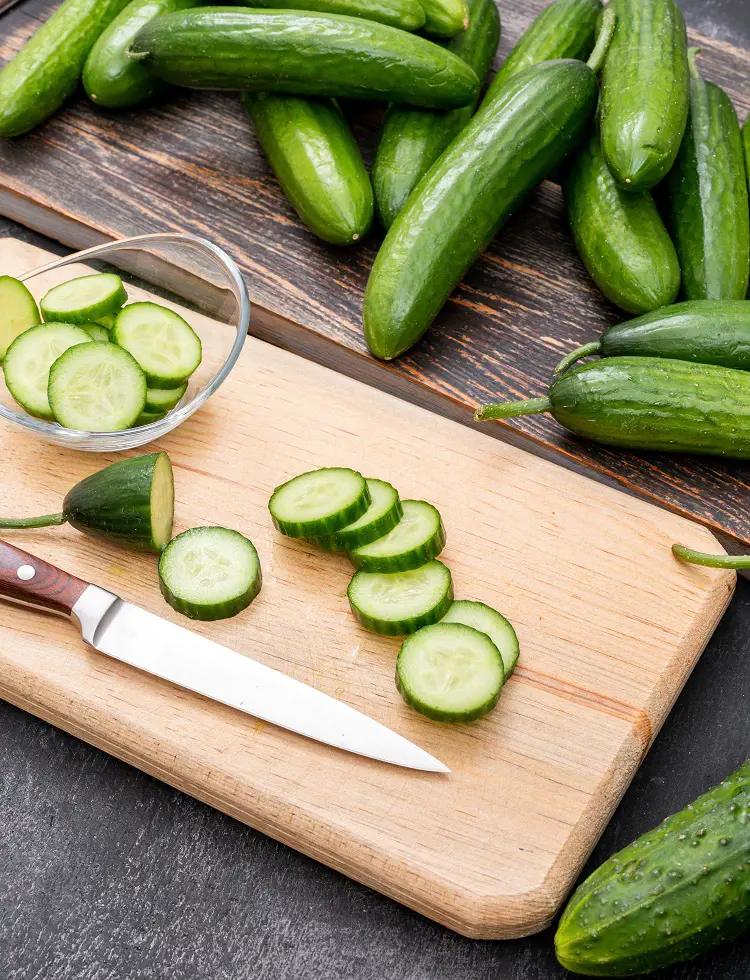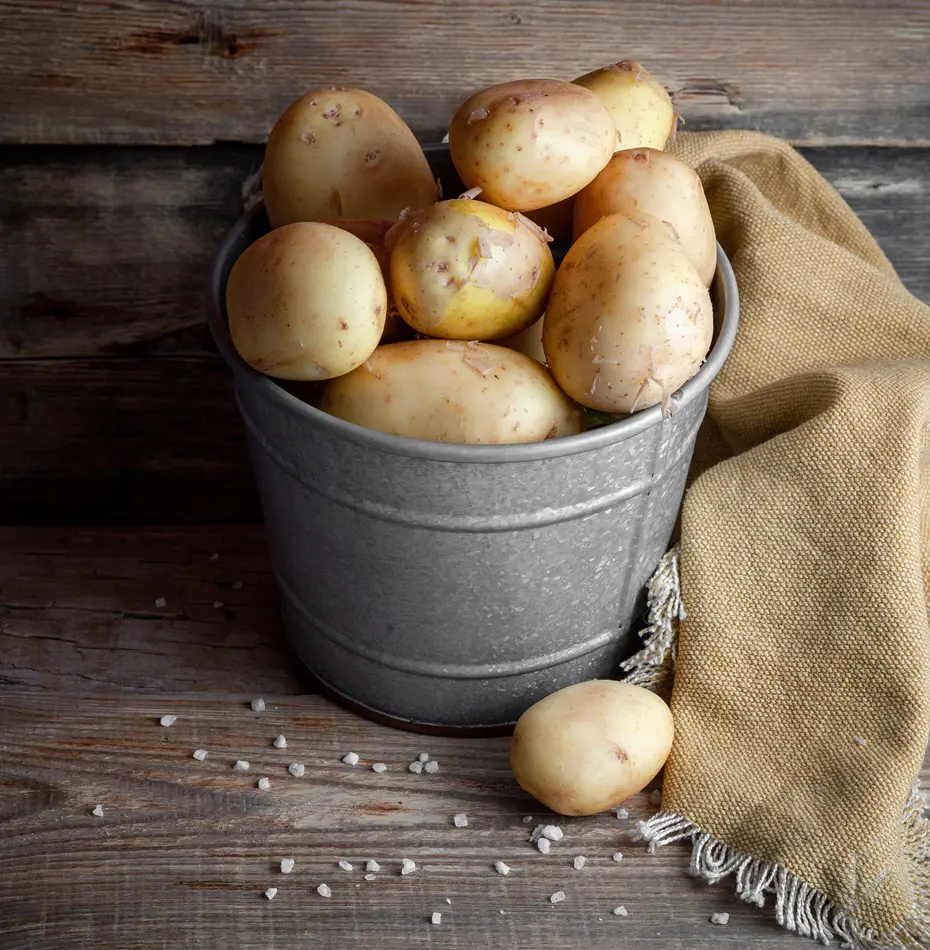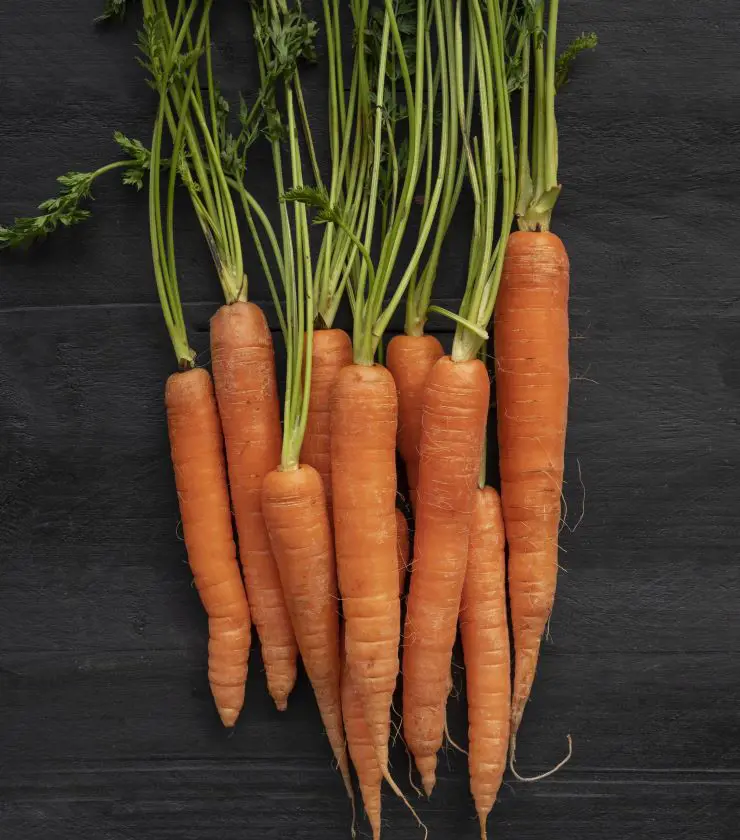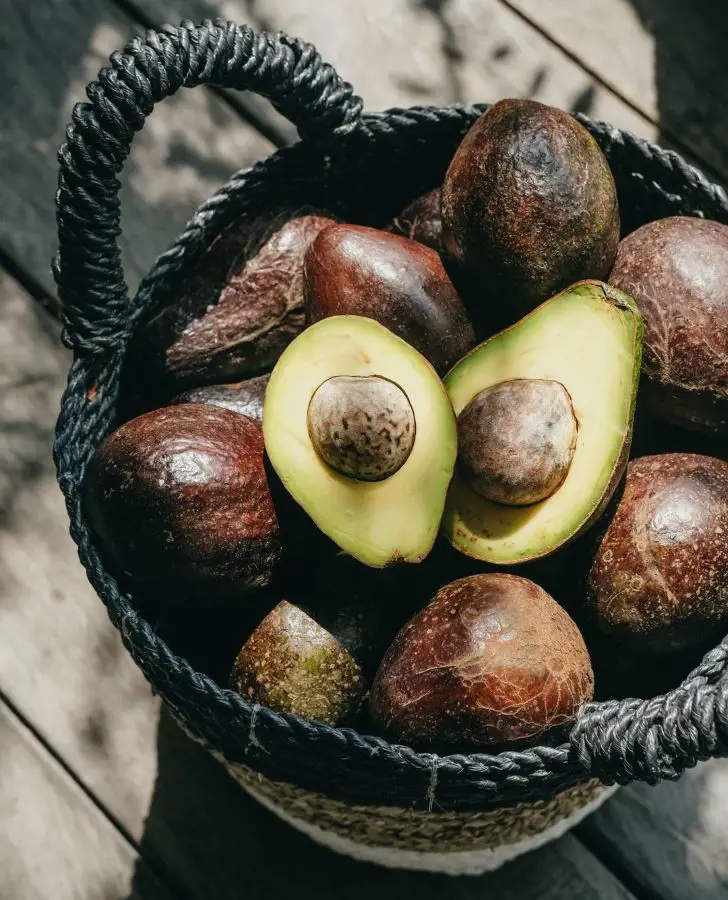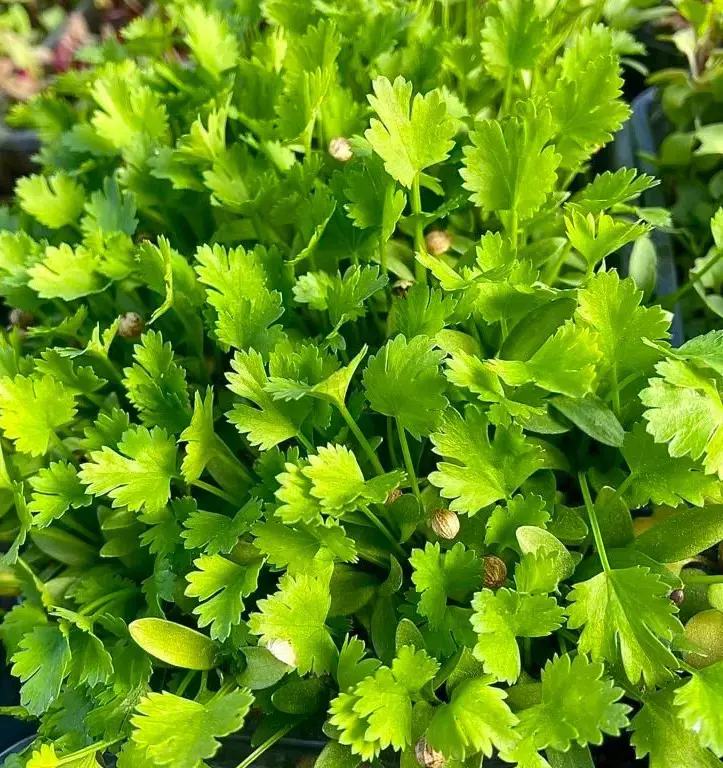How To Store Zucchini - 9 Tips To Keep Fresh
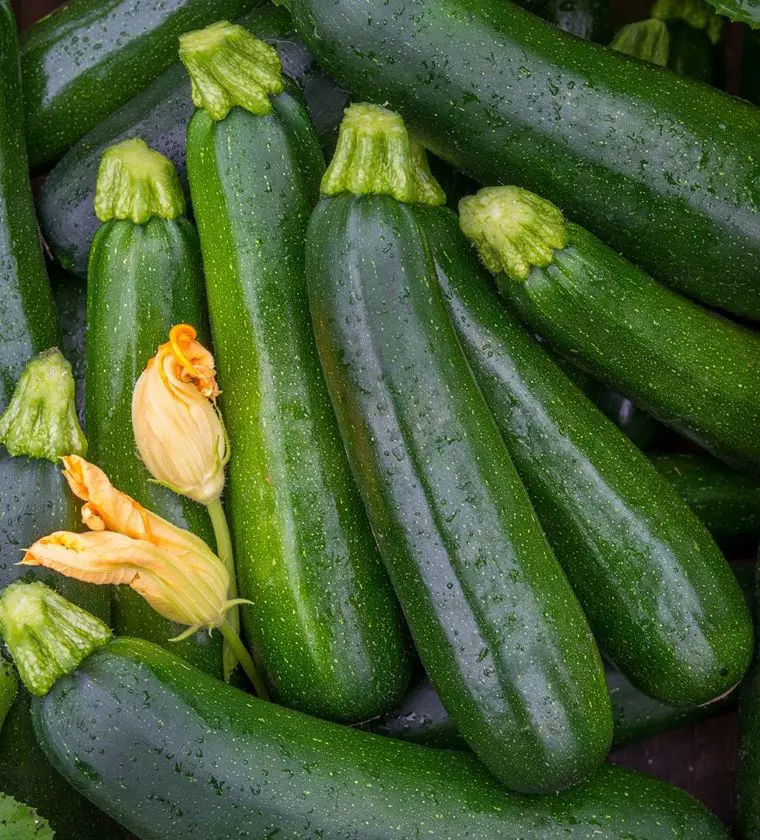
This post may contain affiliate links. If you make a purchase through links on our site, we may earn a commission.
Zucchini belongs to the Cucurbitaceae family and is a type of summer squash. With its mild flavor and tender texture, zucchini has become a popular ingredient in numerous culinary creations.
Zucchini is a sturdy veggie, but to keep it tasting yummy and crunchy, you need to store it right, whether it's chilling in the fridge or cozying up in the freezer. Here are 9 tips on how to ensure your courgette stays fresh for a longer period.
1. Choose Fresh Zucchini
Actually, zucchini comes in a wide array of colors and shapes, with over 100 varieties cultivated today. Their colors range from light gray-green to nearly black, while the shapes vary from long and slender to plump and rounded.
In this situation, you might find it challenging to make a choice about which one to select. Thus, you need to decide wisely whether the courgette is platable or not. There are several ways to determine if zucchini is fresh or not.
Fresh squash can be easily identified by their appearance, weight, smell, and texture. The best ones to pick have firm and glossy skin without any spots. Additionally, zucchinis should feel heavy; if they feel light, they may not be good, as they could be dried or old.
2. Keep It Dry
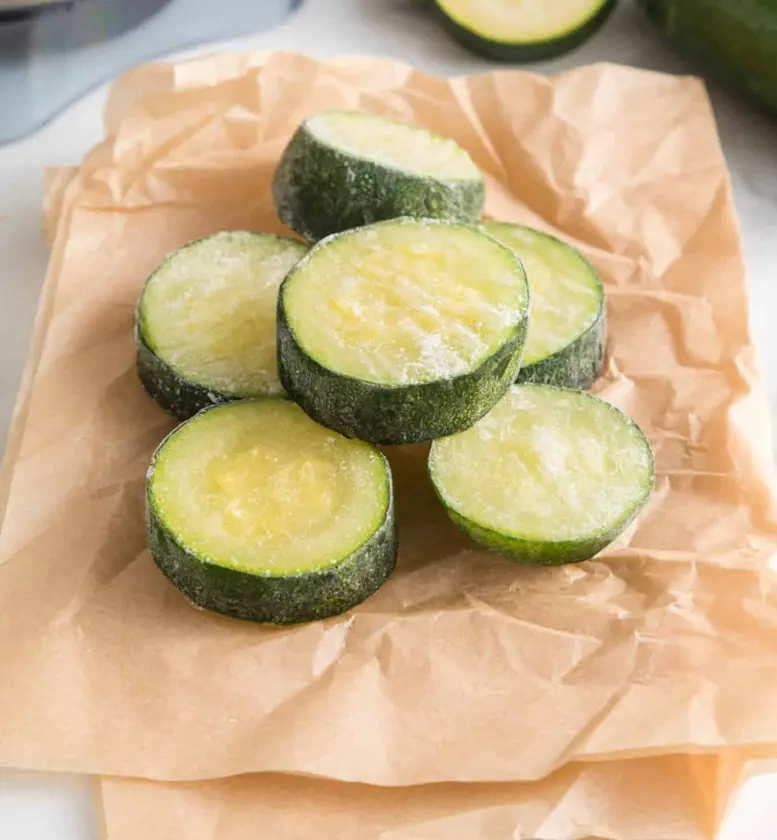
Right after picking your zucchini, make sure to clean off any dirt or wetness. If they get too ripe, they might become soft and release too much moisture. They should be cleaned using a clean cloth or paper towel. This helps maintain their original touch and overall freshness.
Following this process, store them in a cool, dry place, such as a cool pantry or a refrigerator. Washing zucchini before storage should be avoided, as it can introduce additional moistness.
Due to this, you need to wash them just before you cook or consume them. No matter how you choose to store them, remember to treat them with care. Handle them gently and be cautious not to bruise them. This helps maintain their quality and freshness.
3. Store In Refrigerator
Freezing zucchini is an excellent way to preserve its freshness and extend its lifespan. This allows you to enjoy its versatility throughout the year. This helps lock in its Liveliness and nutrient content, minimizing the loss of vitamins, minerals, and antioxidants. So you can enjoy the health benefits of squash even when it's not in season. Also, it can be an excellent way of avoiding food waste.
Fresh zucchini usually stays good in the fridge for about 5 to 7 days. If you want to keep it longer, freezing is a great option, and it can last in the freezer for up to 3 months. This helps you to plan meals and projects ahead of time without worrying about spoilage.
4. Store Whole Zucchini
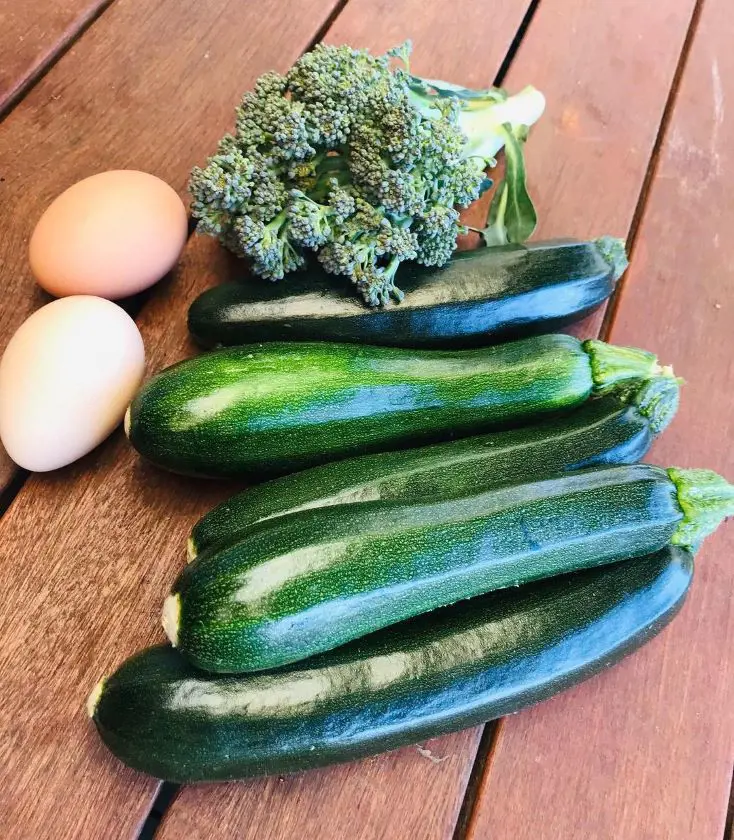
Cutting zucchini exposes its flesh to the air, which can lead to moisture loss and dehydration. This may result in limp and mushy texture, reducing its flavor, texture, and crispness. Storing chop pieces near other foods in the refrigerator even increases the risk of cross-contamination.
Slicing them expands the probability of being exposed to bacteria and enzymes, which could elevate the risk of foodborne illnesses and spoilage.
The skin of zucchini contains numerous essential nutrients including vitamins A and C. And when you cut them it removes this valuable layer leading to a loss of nutrients. Thus, storing it whole ensures that you get the full nutritional benefit of these vegetables.
5. Use Produce Drawer
Produce drawers are compartments in a refrigerator specially designed to store fruits and other vegetables. The main purpose of these drawers is to maintain the freshness and quality of produce by providing the ideal conditions for preservation. When it comes to zucchini it provides similar benefits by creating an environment that helps maintain its wholesomeness and quality over time.
As mentioned earlier, they should be stored unwashed and dry when placed in the drawer. You can also place your zucchini in a plastic bag or wrap it in an airtight container, maintaining a temperature around 40°F. This temperature helps to slow down their ripening process and keeps them vibrant for a longer period.
6. Avoid Storing With Ethylene Producing Fruits
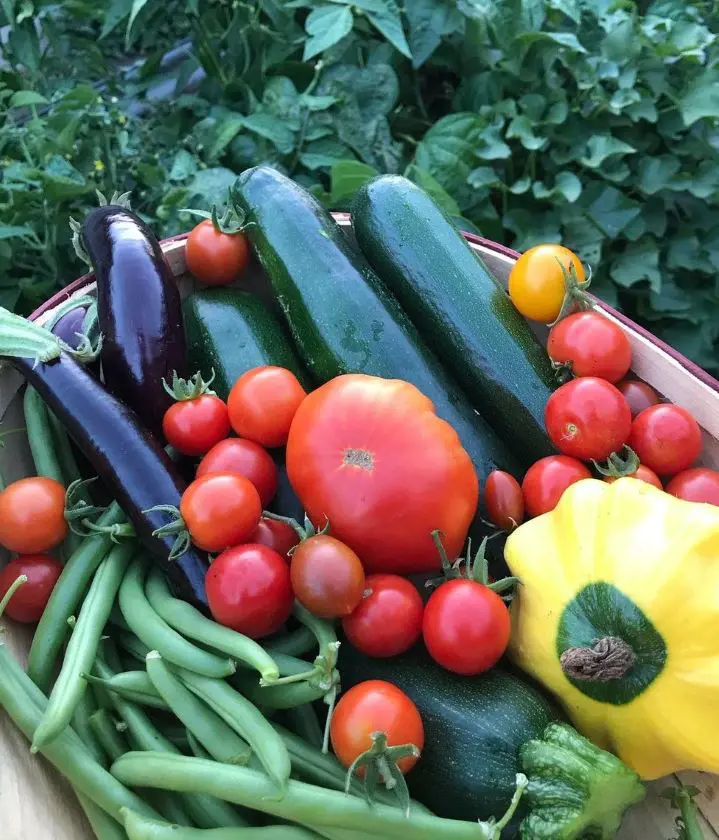
Some fruits like apples, bananas, tomatoes, apricots, and avocados are known for producing a natural gas called ethylene. When these fruits release this gas and spread to others, including zucchini, it can increase the ripening and decay processes quickly and lead to over-ripeness and softening.
Generally, zucchini can last 5 to 7 days in the refrigerator, but when exposed to this gas, it may only be usable for a couple of days. Rapid ripening due to ethylene can result in a loss of nutrient content and natural flavor, as this type of ripening process breaks down sugars and minerals that contribute to its taste, as well as other nutritional value.
7. Refrigerate Cut Zucchini
If your cut zucchini is not used in one sitting, it is better to store them in the refrigerator. But you should wrap them, either in a zip-top bag or place them in an airtight container before putting them into the produce drawer. This helps maximize shelf life by slowing down the rate of spoilage and keeps the squash crisp and firm for 7 to 8 days.
Cut zucchini is a multifunctional ingredient that shines in a variety of dishes. It serves as an excellent low-carb alternative that can be paired with traditional pasta or included in mixed salads. Additionally, it is a superb choice for stir-fries, casseroles, and omelets, contributing both nutritional value and delightful taste.
8. Use Within Week
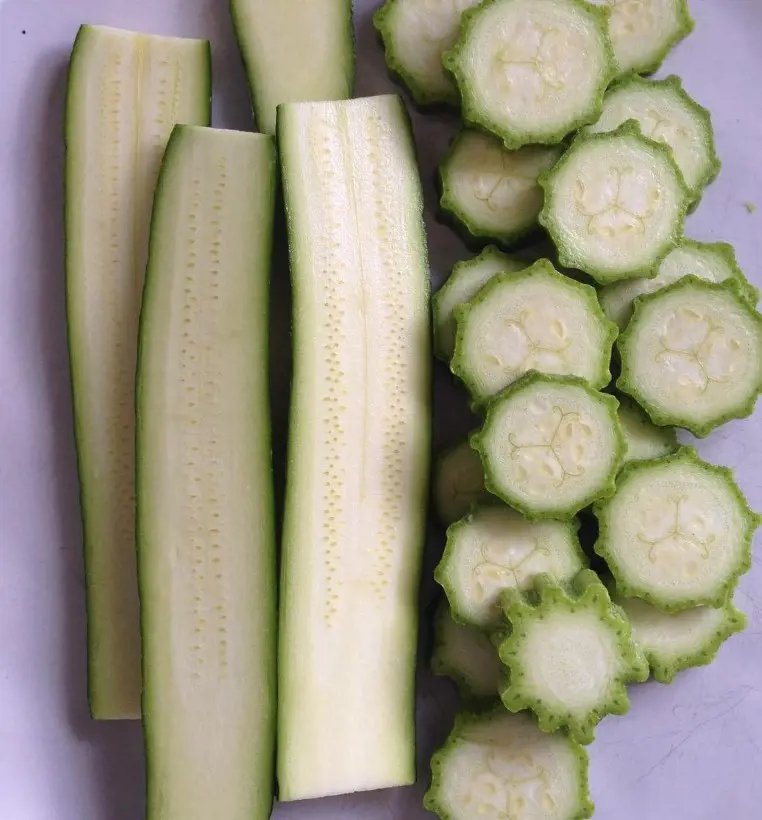
Although cut zucchini is technically safe to eat after a week, it's better to use it within that time for several reasons. Like any other cut produce, cut squash is also more susceptible to fungal and bacterial growth. So, using it within a week reduces the risk of foodborne illnesses that can be caused by consuming spoiled or contaminated squash.
Moreover, zucchini is a nutrient-dense vegetable that is rich in vitamins and minerals. However, the longer it sits after being cut, the more it loses its nutritional value. By using these vegetables within a week, you can further maximize their nutritional benefits, ensuring food safety.
9. Monitor Regularly
You need to monitor your zucchini regularly, whether it is whole, cut, or frozen. This helps ensure it stays safe, maintains quality, and is used optimally. Regularly checking further helps to spot any issues that could lead to spoilage or waste.
This makes you take quick corrective actions, like adjusting temperature or humidity, to prevent unnecessary loss. When checking a whole zucchini, look out for any discoloration, mold, soft spots, or unpleasant odors.
If necessary, adjust the storage conditions, like the temperature and humidity. If you have cut your squash and stored it then check the wetness and water levels. If it seems they are getting dry, consider re-wrapping or adding damp paper towels. And remember, for the best taste and texture, try to use cut zucchini within a week.
Recent posts
How To Store
How To Store
How To Store Cucumbers
A good cucumber is cool, crunchy, and refreshing, but if you don't store it right, it can turn mushy and not good to eat. To keep cucumbers fresh, store them where they can get air and not too wet. Now, let's talk about different ways to keep cucumbe...
How To Store
How To Store Garlic Properly
Garlic is a kitchen pioneer important for adding flavor and depth to countless dishes. However, if stored incorrectly, garlic may lose its potency or even go bad. When stored properly a fresh garlic bulb can last up to six months otherwise, it will o...
How To Store
How To Store Potatoes - 15 Simple Tricks
Potatoes are a versatile vegetable loved for ages. From French fries to baked potatoes, there are many ways to enjoy them and they also naturally have a long shelf life. However, it is concerning that they can't last long without proper precautions. ...
How To Store
How To Store Carrots So They Last Longer
Carrots typically last for days and weeks at room temperature. If stored properly using the right technique, it can last for several months too. From harvesting to freezing, several ways can help extend the carrots’ shelf life. In this gu...
How To Store
How To Store Avocados Long Term
Avocado is a delicious, yet highly perishable fruit with nutritive benefits. Its high metabolic rate is the major contributing factor to its shorter shelf-life. The shelf-life of avocados ranges from 3-4 weeks when stored at the ideal temperature and...
How To Store
How To Store Cilantro Leaves
Cilantro is an indispensable item in our kitchen. Cilantro's seeds, leaves, and stems can all be consumed and can be used in many dishes around the world including sauces, soups, curries, etc. Cilantro is a good option because of its pleasant scent, ...
